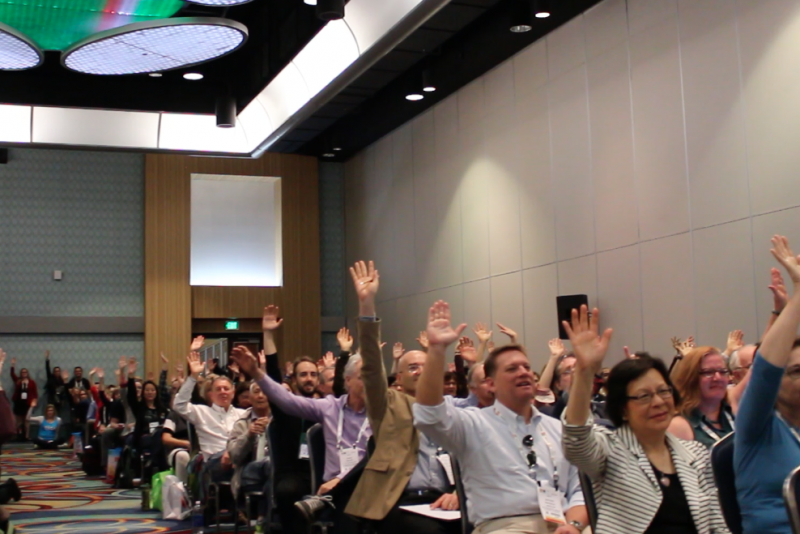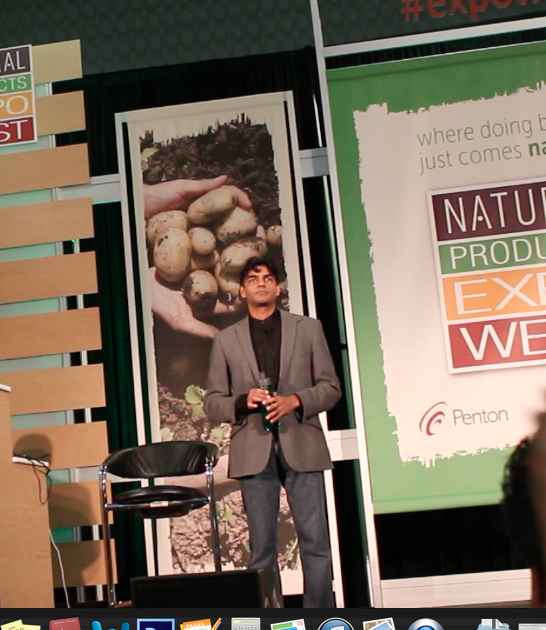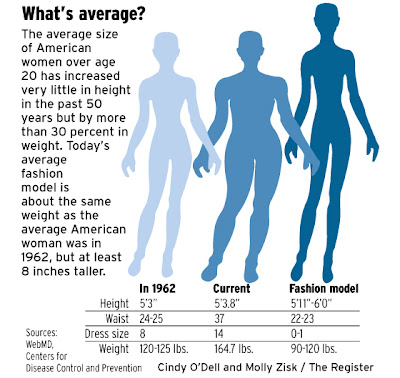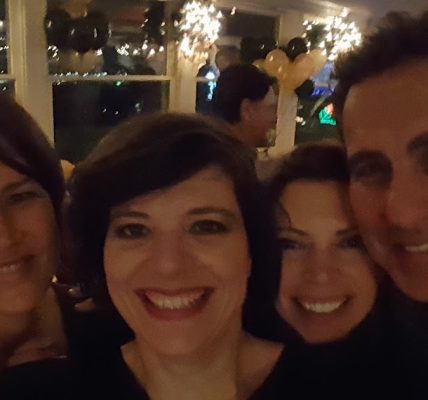Feed Me, I’m Cranky –
Hey guys!
I got the pleasure of watching Raj Patel at Expo West give his keynote presentation last weekend. If you didn’t catch my pre-Expo-West interview with Raj here, you should check it out.

The goal of Raj’s presentation was to answer the question: How can we feed 10B people sustainably?
He went through the history of agriculture and showed how in many ways, not much has changed since we turned land into private property.
While we may think the answer to how we can feed the world sustainably is in better technology, it isn’t. Raj asked the audience which of the following most shapes the way we eat today:
- the plow
- fences
- palm oil
- inorganic fertilizer
- GMO crops
What do you think?
The answer is: fences.
His reasoning? Social rules are a pre-condition for modern agriculture. How we’ve defined land—that is as private property, has given power to those who already had power—men with money.
The turn to modern agriculture marked a shift in farming to one driven by markets rather than local needs & sustainable practices. It’s the same today and this is a topic taken up in Raj’s book, The Value of Nothing: How to Reshape Market Society and Redefine Democracy. There are limits to capitalism, especially because everything is political, particularly when it comes to our global food economy. Raj tells us that we produce more food and more calories per person than ever before, but 50M people are currently food insecure in the U.S. People are simply too poor to afford food and since growing our own food isn’t something we all can do, many suffer with food insecurity even though we do not have a food shortage.
Even today, one of the greatest barriers to an equitable food system is gender inequality.
An example he gives is the Malawian farmers. In Malawi, the average life expectancy is 47 years old and the children are significantly malnourished. You have to make sure kids are eating well, so what do you do, asked Raj.
Audience members speculated. One said, “diversify crops.” Raj replied that that wasn’t the issue. Another said, “educate farmers.” Raj replied that the Malawi government is bankrupt, so there’s no money for training farmers, but there has been success in doing so anyway because the Malawians themselves have created a farmer-to-farmer network or a peer-to-peer farm-sharing, if you will. This group is addressing climate change (even though we think it’s “anathema here in the U.S.,” said Raj). So, says Raj, you have an amazing farming system. But why is infant malnutrition going up? Someone in the audience shouts, “distribution.” Another shouts: “Financial access.” No, Raj replies, this is their food. Someone shouts “exporting the food.” Again, Raj declines.
So, what’s the answer? Why were the Malawian children, despite their elders having a farm-to-farm peer network and diverse crops that they could eat themselves, suffering from manutritoin?
The answer is: harvesting is women’s work.
The women were too busy doing field work to breast feed their kids because they were getting no help from the male population. So, the Malawians had to work through a very tough cultural issue of gender inequality to save their children. Raj highlights this fact: It’s the organizing that ends malnutrition. Childhood malnutrition was taken down to zero through a cultural shift brought on through organization, not through capitalism.
To summarize Raj: this is what democracy looks like when the powerful are confronted with their power. “It’s rare to find an example where the powerful give up their power willingly but it happens only through organizing, not just purchasing decisions.”
One of Raj’s key calls-to-action is that there is value in protest. An example he refers to often is the 1917 women’s food right and fight for suffrage.
He asks us all to practice the daily calisthenics of rule-breaking:
- Break the rules of the current system and not in the ways that corporations want you to
- Decentralize knowledge
- “We need to work and imagine a world that’s much bigger than the food system is allowing us to imagine”
- We can’t do it [change] through the existing food system. “It’s time for us all to break some rules for justice.”
Those of us in attendance got a special treat as the Rainforest Action Network had coordinated a brief “rule breaking” to draw attention to the destruction of the rainforest, and subsequent devastation to orangutans, due to the over-harvesting of palm oil.
A demonstrator came in half-suited up at the beginning of the keynote (I had the pleasure of sitting right across from him) and then got into full suit right as Raj asked the audience to raise their hands “if you would like for the largest snack food companies not to be using palm oil that endangers orangutans”:
 Exhibit A.
Exhibit A.
The response:

I was fortunate to be introduced to a Rainforest Action Network representative who shared the organization’s 2013 report on “Conflict Palm Oil” with me. You can read about conflict palm oil on their site here. For now, here’s a short summary of the issue, taken from their fact-sheet:
In the U.S. alone, palm oil imports have jumped 485{967bf23b37ec6a673a83041540b3f904a815b4119ddf673afb961c1e7592ebdd} in the last decade. The dramatic and growing demand for this crop in recent decades has pushed sprawling palm oil plantations deep into some of the world’s most valuable rainforests and palm oil production is now one of the leading causes of rainforest destruction around the globe.
Nearly 90{967bf23b37ec6a673a83041540b3f904a815b4119ddf673afb961c1e7592ebdd} percent of palm oil is grown in the tropical countries of Indonesia and Malaysia, where palm oil plantations under active cultivation cover 16 million acres, an area similar in size to West Virginia.
The Indonesian government has announced plans to convert approximately 44 million more acres of rainforests, an area the size of Missouri, into palm oil plantations by 2020. The UN’s Environment Program (UNEP) indicates, “98{967bf23b37ec6a673a83041540b3f904a815b4119ddf673afb961c1e7592ebdd} of Indonesia’s forest may be destroyed by 2022, the lowland forest much sooner.
Rainforest destruction for palm oil expansion is spreading quickly to other valuable rainforest regions such as in Central Africa.”
Processed palm oil is found in nearly half the packaged goods in American grocery stores with the following 20 companies being predominantly responsible for its use:
The “Snack Food 20″ consists of:
- Campbell Soup Company
- ConAgra Foods, Inc.
- Dunkin’ Brands Group, Inc.
- General Mills, Inc.
- Grupo Bimbo
- Hillshire Brands Company
- H.J. Heinz Company
- Hormel Foods Corporation
- Kellogg Company
- Kraft Food Company, Inc.
- Krispy Kreme Doughnuts Corp.
- Mars Inc.
- Mondelez International, Inc.
- Nestle. S.A.
- Nissin Foods Holdings Co., Ltd.
- PepsiCo, Inc.
- The Hershey Company
- The J.M. Smucker Company
- Toyo Suisan Kaisha, Ltd.
- Unilever
The Rainforest Action Network advises: “Consumers are often misled by ‘RSPO certified’ or ‘Green Palm’ labels. These labels from the Roundtable of Sustainable Palm Oil (RSPO) still allows ‘certified sustainable’ palm oil producers to destroy rainforests and carbon-rich peatlands. Companies that produce, trade and use palm oil must go beyond these inadequate RSPO standards to be truly responsible.
Responsible palm oil is produced without contributing to rainforest or peatland destruction, species extinction, greenhouse gas emissions or human rights abuses. Food manufacturing companies need transparent and traceable supply chains from the plantation where the palm oil was sourced to the final product on your grocery store shelf.” For more information, go to www.theproblemwithpalmoil.org.
So, there you have it future rule-breakers. We have an opportunity to protest, to spark change, to practice the daily calisthenics of rule-breaking. What will you do?
<3,
The Cranky One
The post Raj Patel at Expo West: the Key Note & the Call to Action appeared first on Feed Me, I'm Cranky.
(c) Feed Me, I’m Cranky – Read entire story here.








